Theory Index
A New Brand Ethos
“In A New York Minute” campaign shot by Theo Wenner
Empowerment Brand Pillar launch campaign and Columbia University Research Program
“Dress With Bold Intent” campaign, event, and artist collaboration series with the New Museum
“#MyTheoryUniform” social campaign
Grammy-winning jazz singer Samara Joy campaign and celebrity event
Sustainability Brand Pillar launch campaign and UN symposium series
Creating a New
Theory Brand Ethos
How to reinvigorate a brand best known for office basics in an era of work from home?
Lean into the emotional thrill of ambition, and make empowering our customers’ lives the mission of the company.
Do clothes make the man, woman, person? Nowhere is this question asked more than in New York. Ours is a city of striving, of side hustles, of creators, of makers, of artists, of entrepreneurs, of inventors, of ideas. New York is a blank slate, ever evolving, eyes always to the future. New York is a beacon, richly cosmopolitan, made up of people and cultures from all over the world.
At Theory, we make clothes for that global world. Clothes that matter, that make you feel powerful, or serene, or focused, or inspired. Clothes that let you be the star, that get out of the way, that make room for your brilliance, your ambition, your happiness, your dreams. Theory is quality so you can be confident. Theory is quiet so you can be heard. Theory is minimalist so you can live life in full color. Theory makes clothes, you make them matter.
In a New York Minute...
Letting life’s small moments personify the ambitions of a global customer.
Photographed and filmed by Theo Wenner and styled by Heidi Bivens.
Caught between pitch decks, meet cutes, and call times, five New Yorkers find moments of inspiration amidst fall’s hustle and bustle.
These quintessential scenes from city life are effortlessly accented by the warmth of layered cashmere, wool, flannel, and tweed. Each cinematic vignette is a modern reimagining of the urban archetypes we know, love, and occasionally see in the mirror.
Brought to life through the iconic lens of Theo Wenner, these characters were created in collaboration with three-time Emmy-nominated (HBO’s Euphoria) costume designer and stylist, Heidi Bivens.
“The overall inspiration for the project is great films that were shot in New York—Frances Ha, After Hours, Kramer vs. Kramer, Desperately Seeking Susan, American Psycho—films were the city is a character in and of itself.”
Empowerment
Discussing empowerment with some of the most powerful women in the world.
Theory launched its empowerment brand pillar by funding a multi-year program supporting global women leaders and their research at Columbia University’s School of International and Public Affairs, in partnership with the school’s dean and former Secretary of State Hillary Clinton.
The launch campaign included a hero video and styled portraits of participating change makers photographed by Collier Schorr.
-
Our mission at Theory is to make clothes that matter—styles of exceptional quality that empower their wearer, and in some small part help them to do great things.
As a continuation of this philosophy, for Women’s History Month we are partnering with the Institute of Global Politics (IGP) at Columbia University’s School of International and Public Affairs (SIPA) to support their inaugural Women’s Initiative Launch Summit and facilitate ongoing conversations between inspiring changemakers. This partnership will also fund research and programming that aims to eliminate the barriers women face in the workplace.
In addition to our goal of achieving a 50% ratio of women in management positions, within Theory’s organization we have spearheaded a number of initiatives aimed at advancing women. From our networking and mentorship opportunities for female employees to our family benefits and industry-leading child care stipend, we empower our employees to thrive both personally and professionally.
At the IGP Women’s Initiative Launch Summit on March 4, 2024 we presented a panel, Advancing Gender Equity in the Workplace.
Read interviews below:
-
Over the last decade, it's been widely established that the weaponization of technology is one of the greatest threats to democracy worldwide. But beyond the carefully orchestrated spread of disinformation that readily comes to mind, there's another threat-equally organized, yet far more insidious, digital harassment campaigns launched against women in an effort to keep them silent and leadership homogenous. Camille François is one of the leading experts working tirelessly to present research-based solutions to governments, tech companies, and academic institutions to ensure these attacks are stopped and bad actors are held accountable.
How does digital harassment disproportionately affect women?
It’s a tremendously pivotal time to protect women’s rights everywhere in the world.
Early in my career I started looking at online mobs and multiple information operations. This coordinated harassment absolutely disproportionately impacts women. Now it's taking a toll on the diversity of our political leadership too. It's hard for women who are in the public eye—journalists, politicians, etc. That's something that I want to make sure we can tackle because, again, we need a diversity of voices in public life.
How do we create safer spaces for women online? Are there any successful examples of such spaces or anti-harassment policies you’ve seen that we should learn from?
I’m inspired by European leadership on these issues, with legislation such as the Digital Services Act that requires higher standards around content moderation transparency.
Social media platforms are top of mind, but there are many areas that play a critical role in keeping women safe online. Messaging platforms like Signal, for instance, have good end-to-end encrypted messages that offer privacy and security in their communications.
We’re also seeing dating apps think about user safety increasingly, an experience that women deserve to enjoy. So I’m interested in thinking about safety more holistically when we think about tech.
How do we humanize these issues that occur in the digital world but have real world implications?
We’re making progress because powerful women have had the strength to share the reality of what they are experiencing online—the scale and violent nature of it. We’ve seen many instances where online harassment leads to real harm. It’s not just a few instances of internet cat-calling.
You’ve spent much of your career working in tech. What is your advice to the next generation women entering male-dominated workplaces?
My advice—you belong here. That took me a minute to learn and I’m still learning. My second advice is to lead authentically. For me, that means leading with the empathy that’s required for the kind of work I do.
-
Running and operating an organization at the center of the fight for reproductive freedom is not for the faint of heart fortunately, Planned Parenthood Action Fund President and CEO Alexis McGill Johnson is ready for a fight. Through her tenacious leadership, Alexis works to defend reproductive rights and advance access to health care, ensuring that Planned Parenthood health centers are able to provide vital health care, education, and support to over 2 million patients each year.
What piece of policy do you think has had the biggest positive impact on women in recent history and what’s most essential moving forward?
Once upon a time, some of the most critical and transformative gains for women were made in the courts. Cases like Roe v. Wade and Griswold v. Connecticut established the right to abortion and contraception. Now many of these gains have been taken away or are at risk. It’s why we need to keep fighting to protect access to the full spectrum of sexual and reproductive health care. Our fight now goes beyond just restoring Roe, but to establishing durable and guaranteed freedoms.
How can women advocate for more equitable healthcare and how does that bring us a step closer to overall gender equality?
We can advocate by making our voices heard everywhere — at our dinner tables, at the salon, at the grocery store, at work. Whether we’re talking to our elected representatives, talking to our employers, talking to our partners, our children, our educators. We have to think of advocacy as an everyday experience — not just one that we can engage in on the first Tuesday of November. Yes, advocacy is voting, but it’s also creating awareness, educating, and sharing our experiences.
How do you stay motivated while women’s healthcare and your organization are constantly under attack?
I’m most motivated by the stories we’re hearing from patients across the country. In spite of countless barriers, they are continuing to choose hope and taking long journeys to get the care they need. They’re a reminder that hopelessness is a luxury we cannot afford. If patients are traveling hundreds of miles out of a hope to live the life they want to lead, we ought to be fighting to make sure that’s possible.
What message of hope do you have for young women and girls of the next generation who may feel discouraged by the recent regression of women’s rights?
I’m so inspired by the fierce energy of younger generations, who have already taken up the baton of leadership and shown the world that they will not stand for the loss of their freedoms or stop fighting once those freedoms are secured. They also keep me hopeful. We’ve already seen the payoff of their work — like in the 2022 elections, where young people turned out in droves to elect candidates who stood for abortion rights up and down the ballot. There’s no doubt in my mind that by locking arms across movements and generations, we will ensure that the U.S. Supreme Court doesn’t get the last word on abortion access. We will.
-
Imagine you're walking down the street and you're surrounded by a mob of people lobbing insults and threats against you. You'd call the police, they'd respond, and there would be consequences. This is not the case when such violence occurs online. This is the opening, unsettling anecdote from Nina Jankowicz's second book, How to Be a Woman Online. An internationally- recognized expert on disinformation and democratization, Jankowicz has made it her mission to shed light on and combat such abuse that she herself has been victim to because, as she notes, our lives are online.
People are so quick to dismiss the harassment of women, particularly when it occurs online. What has been your experience overcoming those biases in order to shed more light on this very serious issue?
People think, "Sticks and stones can break my bones, but words can never hurt me," and it's just not true. Not only do I research this stuff, but I've been the target of a years-long harassment campaign online as well. And I can tell you—it gets to you. These threats can result in real danger to our physical safety. I’ve done a lot of work to give voice to these issues because I don’t want this to happen to anyone else ever again.
Despite affecting half the population, women’s issues are often, as you’ve put it, relegated to the kid’s table politically. How do we shine a brighter light and bring these problems front and center?
I love that we have a group of powerful women gathering today [at the SIPA Women’s Initiative Launch Summit], but we also need more powerful men in the room acknowledging this problem. We need tech companies to be thinking of this first and foremost when they're rolling out new technologies or new features on their platforms. We need policy makers to be thinking of this and not just the gender policy councils of the world. Everybody needs to be on board when it comes to protecting women, because protecting women isn't just about women, it's about all of us.
What are some actionable items we can do to reduce the amount of hate women face online?
Individually, if you see something bad happening online, don’t just scroll by—report it. On the flip side, I personally make it a habit to engage whenever I see content I love that’s created by a woman.
The easiest way to invest in ourselves is by lifting each other up. I am really tired of infighting and sniping between women, but luckily I don't see a lot of that in my space. I want to do everything I can to put other women on a pedestal. There's room for all of us.
How do you stay positive when working in such a heavy space?
As women, we’re not allowed to be emotional. We're told that we're so emotional all the time that when expressing anger or joy, we're told that we're just being silly little girls. Men can tear down traffic lights when their favorite sports team wins, but we can’t be excited to go to a Taylor Swift concert. It’s hard, but I’ve been trying to lean into expressing joy online and in real life.
-
If you ask Reshma Saujani, the #GirlBoss is dead. The activist and founder of Girls Who Code and Moms First reflects on a time, pre-pandemic when she believed what she now calls "the big feminist lie"-that if women simply tried harder, we could come out on top. Now, she's calling for a totally reimagined workplace; one where through policies like paid leave and subsidized child care, women are protected from burnout and supported in the growth of their careers. How do we get there? According to Saujani, through intentional political organization, and summoning the will to fight on in spite of an uncertain future.
What prompted you to begin Moms First and join the fight for paid leave?
We were convinced for so long that, as women, the problem was us. That if we just got a mentor or a sponsor, or tried a little harder, or did a power pose before a talk, that we, too, could be free. We are not the problem—the structure is the problem. Whether it's paid leave or equal pay, we're coming together to fight for real structural change, which means we're going to finish the fight once and for all.
How can we hold the powers that be accountable when it comes to supporting women in the workplace and closing the gender pay gap?
History has shown that when women come together and they fight, we succeed. That they can't divide us.
In recent years, we’ve seen the power of people organizing at the ballot box. It's a glimmer of hope, but I think it takes real, intentional organization. You have to go company by company, or pass legislation that ensures that companies have to pay women and men the same.
In a society where employers and the government aren’t investing in women’s issues, how can women fulfill this year’s International Women’s Day theme and invest in ourselves?
Use your power and your platform to uplift issues that might be on the margins, like paid leave and child care. Brands like Theory help bring those issues into the mainstream. On this International Women's Day, ask yourself, “How am I going to use the power that I have, to uplift women and uplift issues that affect women?”
-
For decades, Alyse Nelson has been answering the question, "What would happen if more women were in charge?" As cofounder, president and CEO of Vital Voices Global Partnership, Nelson acts a "venture catalyst" investing in female leaders including women who have gone on to become Nobel Peace Prize Laureates, U.S. Youth Poet Laureates, prime ministers, and breakthrough social entrepreneurs. Nelson's work has created countless connections among female changemakers and proven that when we come together, the impossible becomes possible.
You’ve made a career of investing in female leadership. What qualities do you look for in leaders?
I find that women often lead from experience. They see something in their community, often not something good, that impacts them personally, and they can't look away. They feel ignited by it. They want to do something, they want to push for change, and that inspires them to step up and lead.
What is the global impact when organizations like yours invest in women?
Because women experience things differently, you get businesses you never would've gotten before. You get new organizations, new ideas. We’re closer to the problems, thus we come up with more innovative and—quite frankly—practical solutions.
What have you learned from working with these female leaders?
We’ve had this model of leadership, a very male model. It’s to women’s detriment when they go in and try to be the male model rather than embracing who they are.
For me, it’s been an incredibly powerful lesson to learn that women lead differently and that difference is precisely what our world needs.
What has been your advice to women looking to lead change, particularly in male-dominated spaces?
Find your mentors, and not just the more senior people, but your peers who are going to really have your back and support you in your career. I run a network of 20,000 women leaders we've made investments in over the last 20 years. They’re pioneering innovative solutions and working in male dominated spaces, and the savior for them is having a peer network of women who are non-competitive; it's a non-hierarchical, but very diverse network from around the world.
It pushes them to take bolder risks and I think that’s critical.
-
Domestic work is the work that makes all other work possible and without it, our economy would cease to function. This essential truth is at the heart of Ai-jen Poo's work as President of the National Domestic Workers Alliance and Director of Caring Across Generations. A nationally-recognized expert on elder and family care, the future of work, and gender equality, she is leading the national conversation on domestic work, an industry made up of almost entirely women. Here, she discusses the immense value of the U.S. care economy and how to support women doing this unseen and undervalued work.
Dress With Bold Intent
What is the the emotional meaning underlying the colors (or lack of color) we choose to wear every day?
A curation of artists put together by New Museum Deputy Director Isolde Brielmaier pondered this question. And their answers inspired a campaign shot by Chris Rhodes, as well as two interactive, color-based dinners at the New Museum in New York and Frieze art fair in London.
A New Icon of Jazz
A holiday of classics reimagined
In celebration of the holiday season, Grammy-winning Best New Artist Samara Joy debuted her new song, “Now and Then” exclusively on Theory.com as part of a campaign shot and filmed by Tyler Mitchell.
Heralded for bringing jazz to Gen Z, the 23 year-old vocalist has a unique talent for modernizing time-honored standards with a voice that’s at once fresh and familiar. Her commitment to classics reimagined and the ability to find nuance in simplicity are values highly aligned with the Theory ethos.
Full tour wardrobing for her and her band. Custom pieces in extended sizing available at Theory retail stores. Private events in New York at the Aman and in Paris and London backstage at her shows, with guests ranging from influencers and fashion kids to Chelsea Clinton. Co-promoted social campaign to launch her new song through the Theory-branded campaign video.
Theory For Good
Establishing a sustainability brand pillar based on transparency and the sharing of technical expertise with the industry and community through “Theory for Good Talks,” the first of which was moderated by Vogue sustainability editor Tonne Goodman.
This campaign and event kicked off a long term partnership with the CFDA and the UN to enable Theory’s leadership role in sharing and lifting up brands in need of sustainable supply chain expertise.





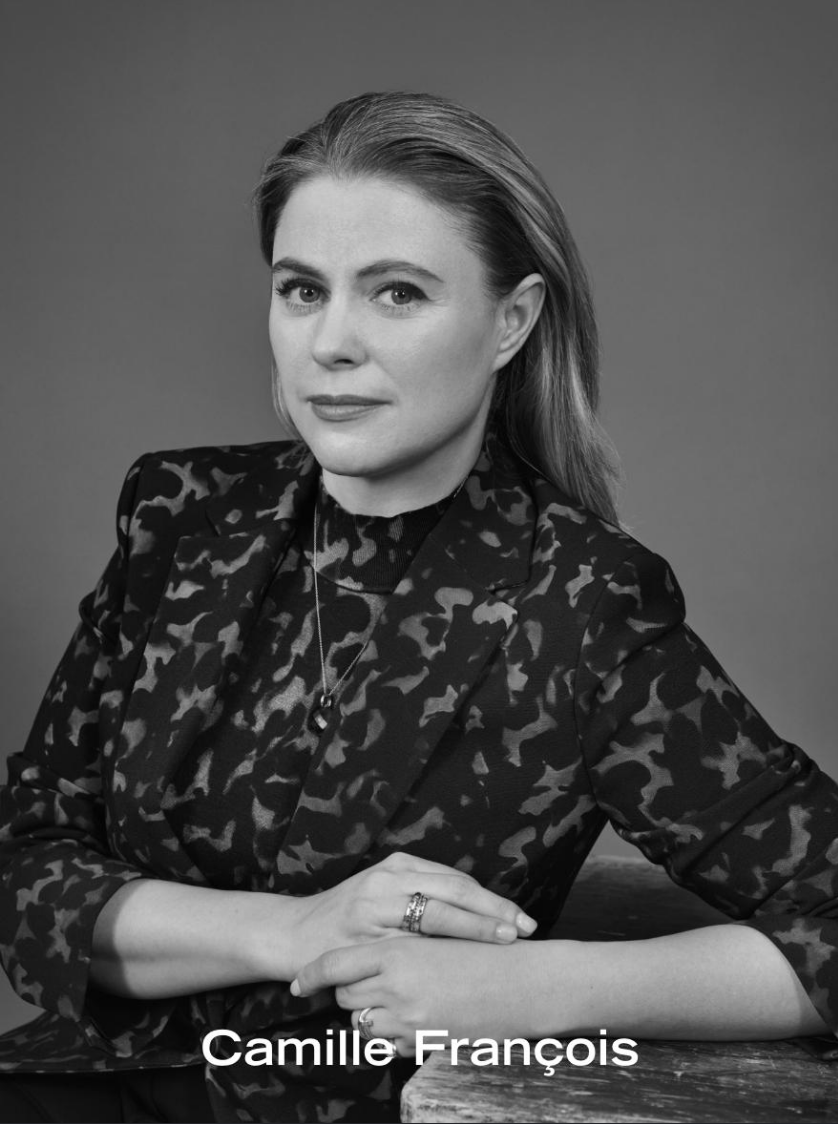
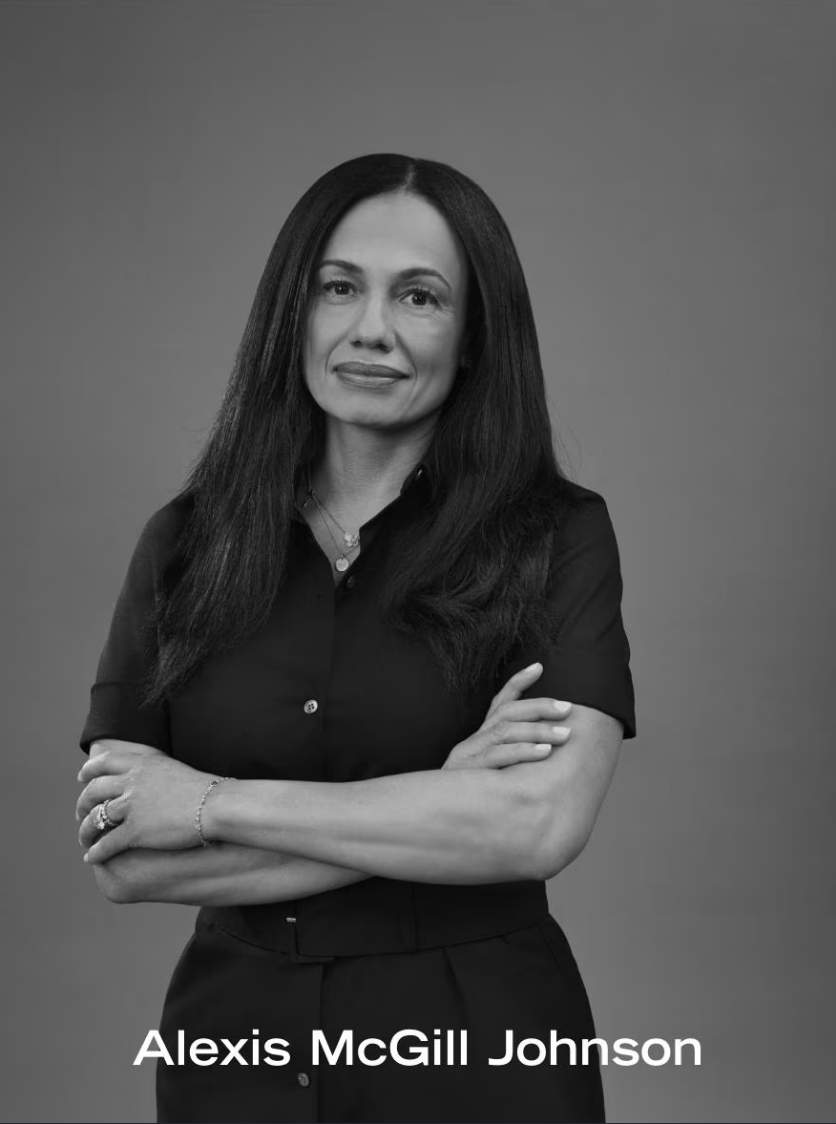
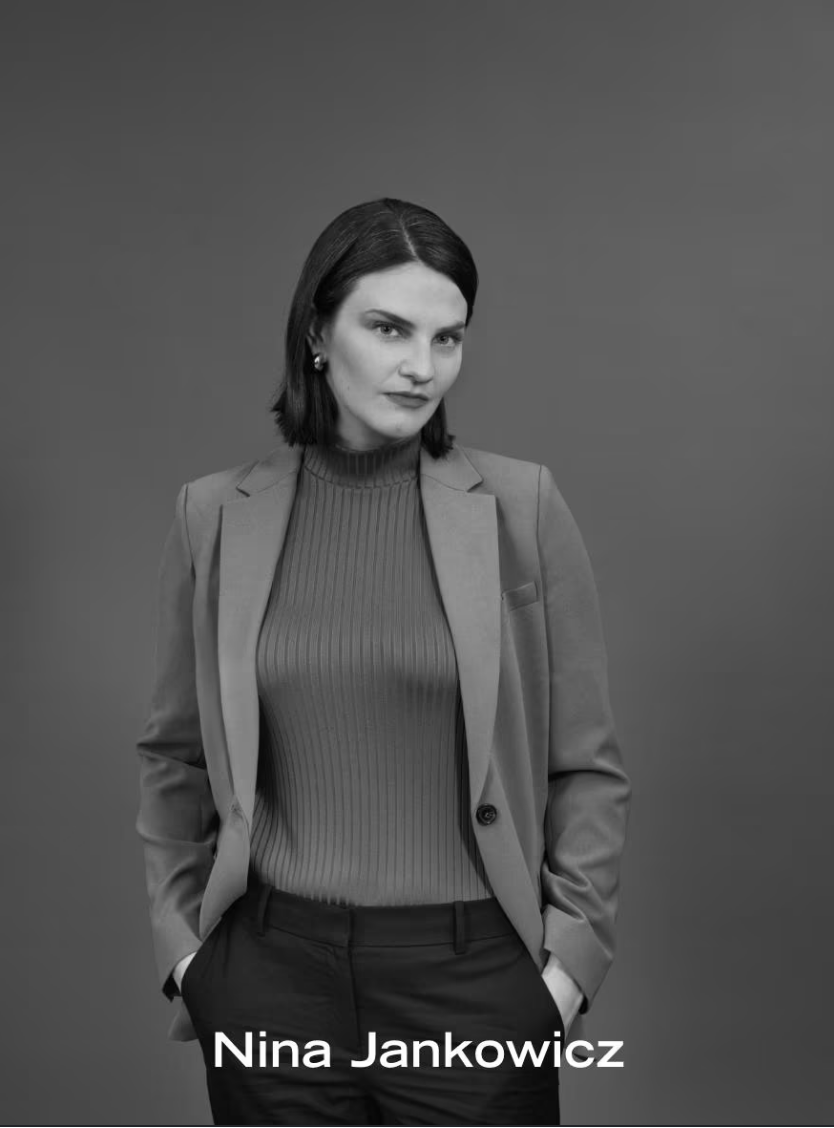
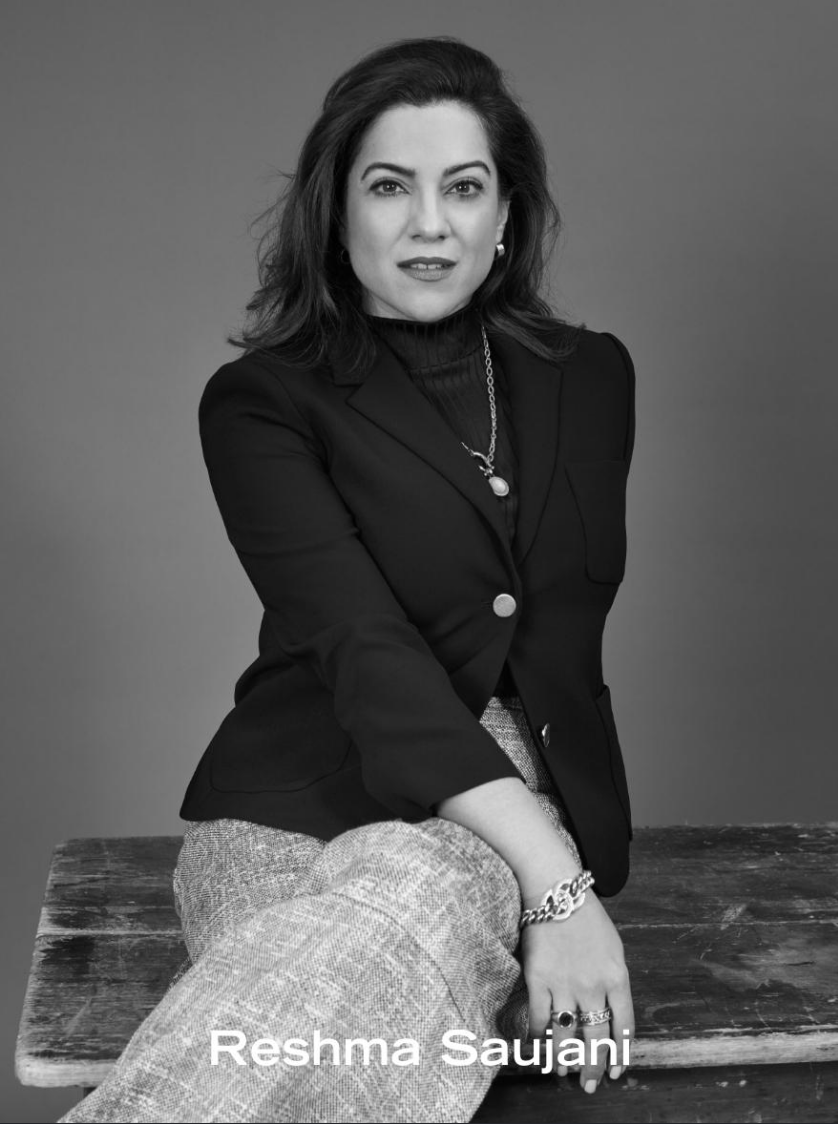

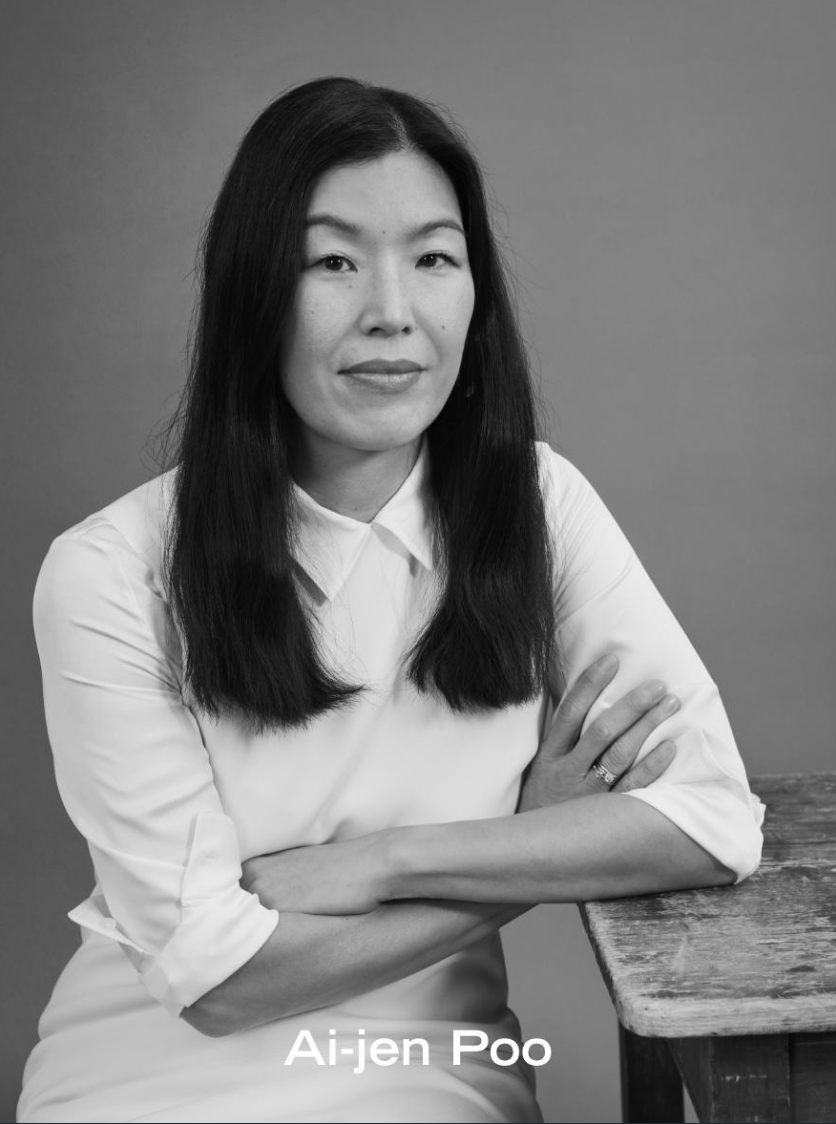
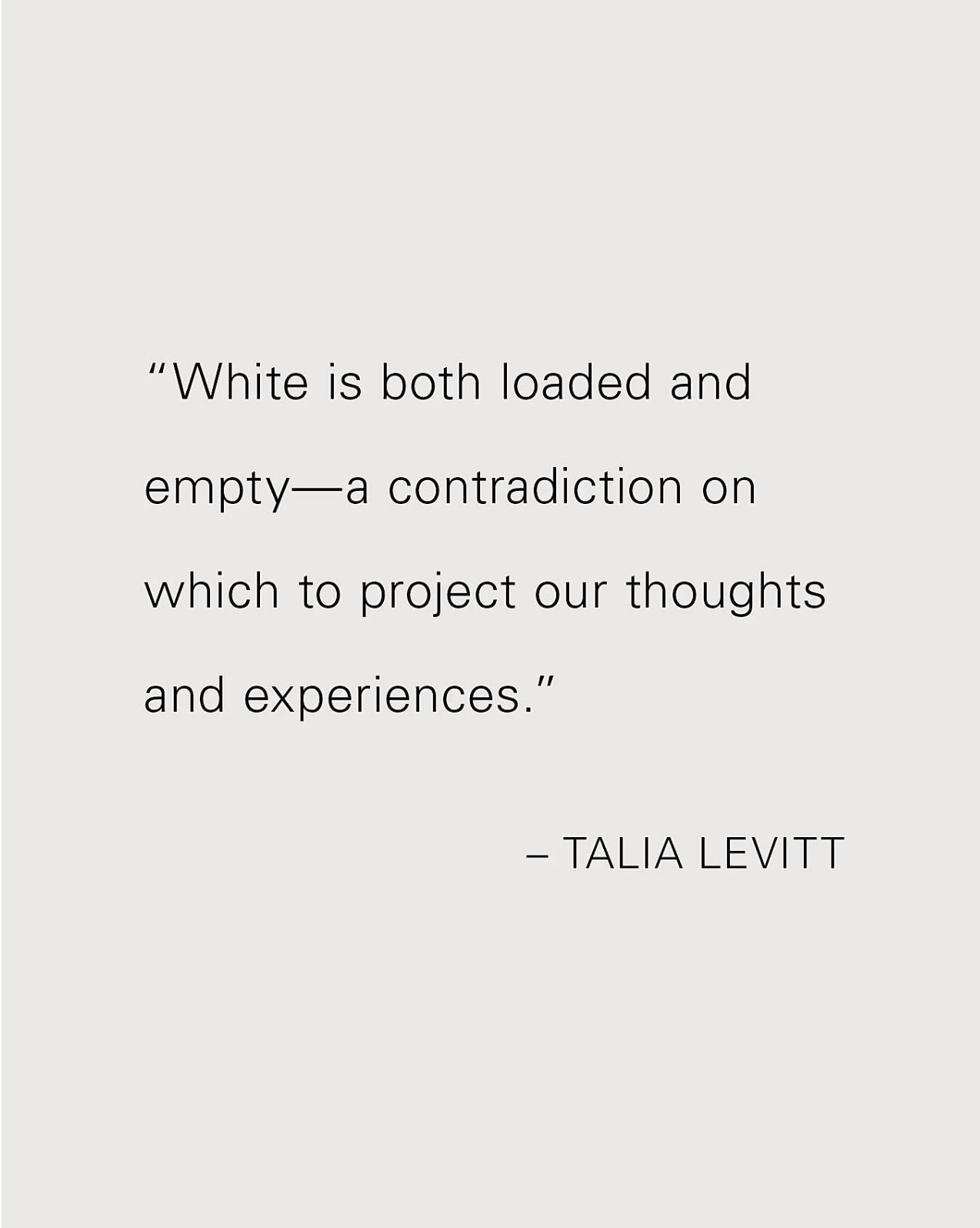
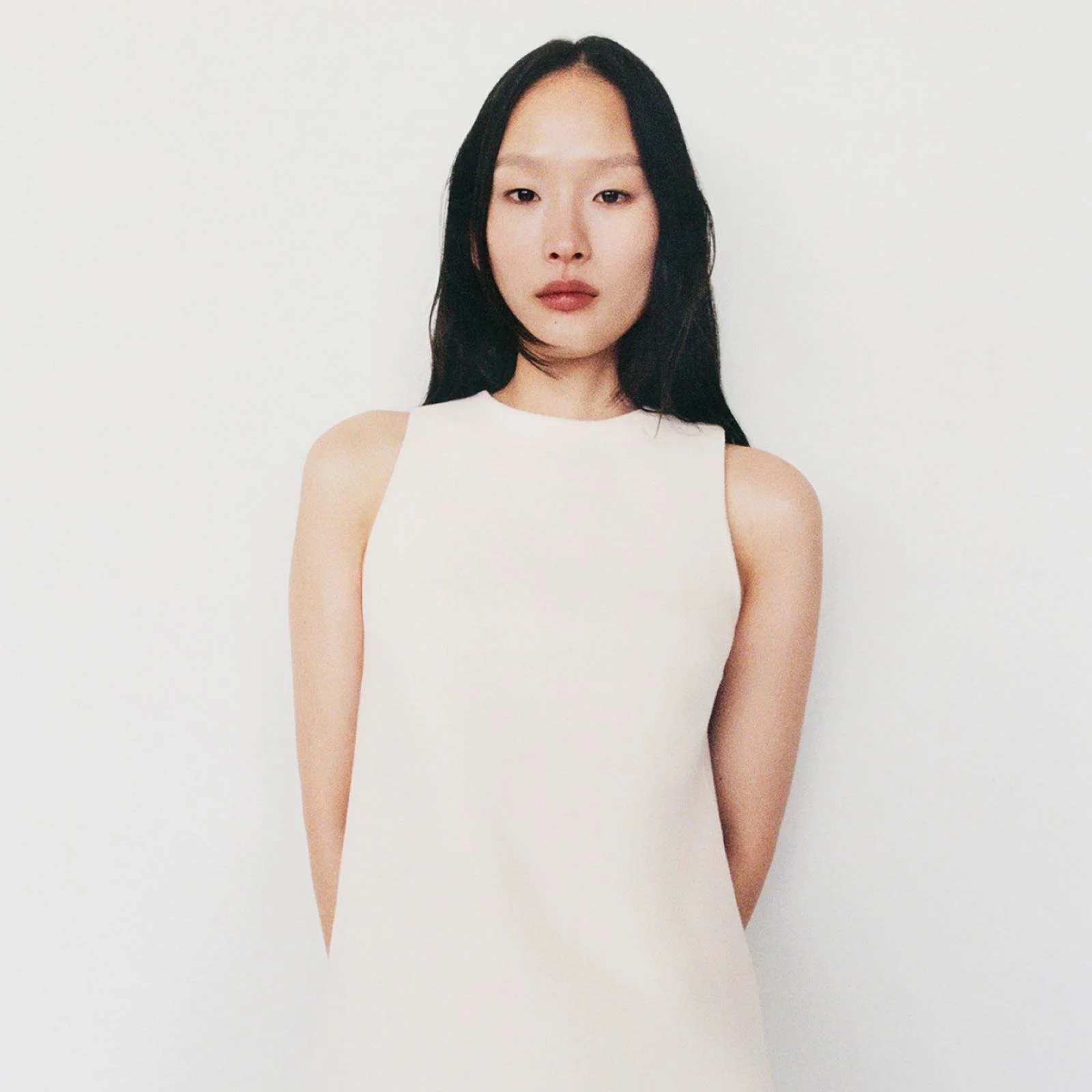


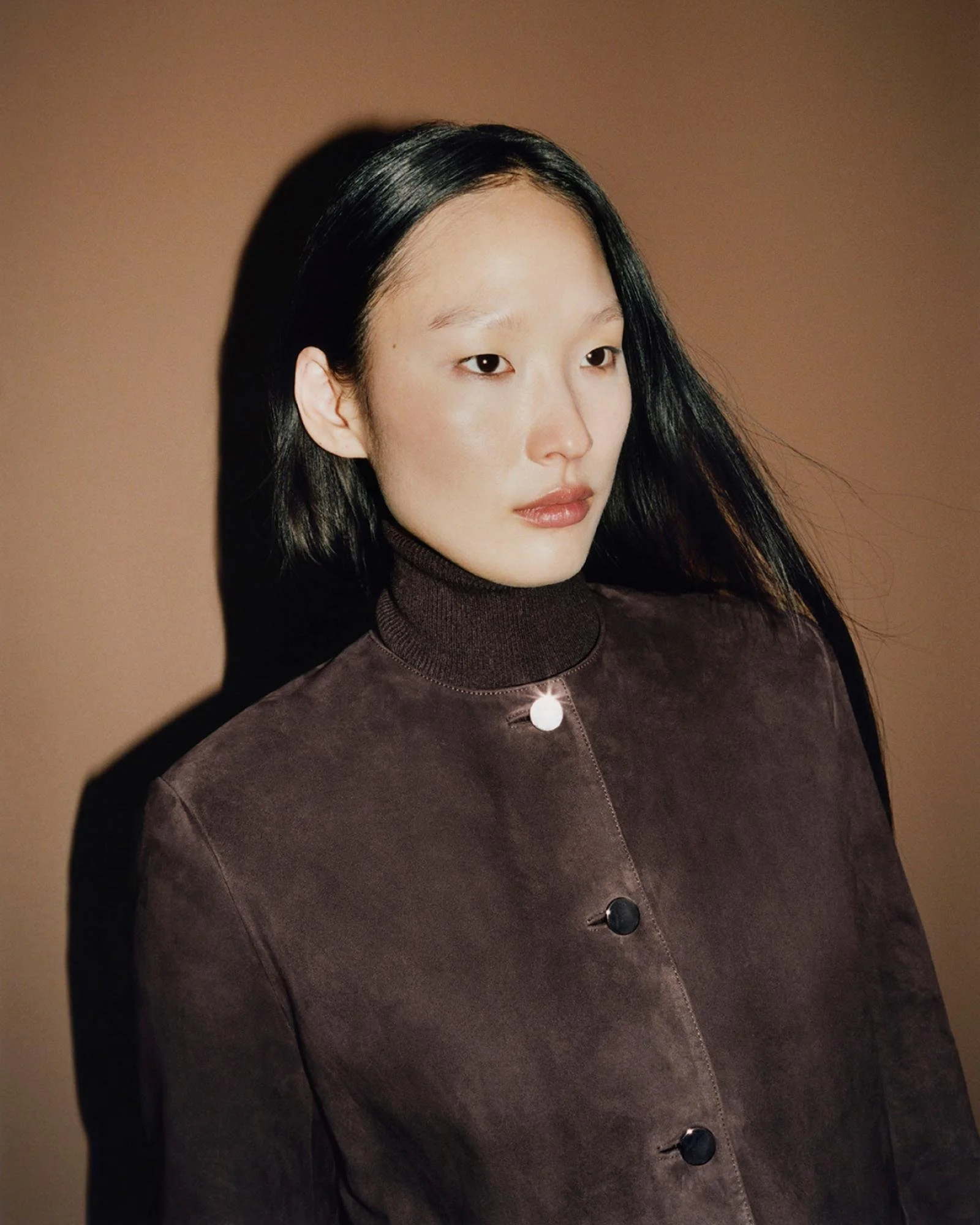
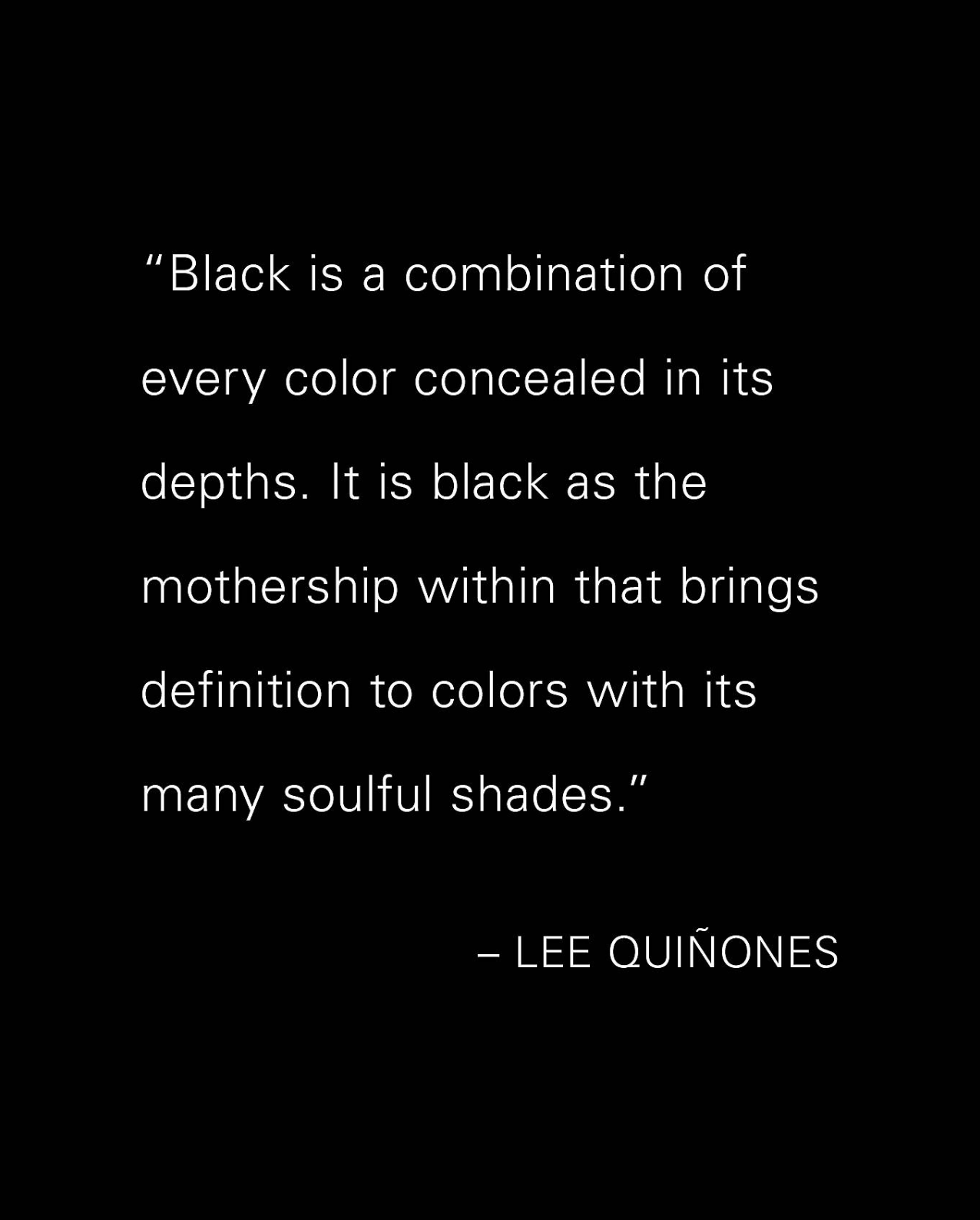
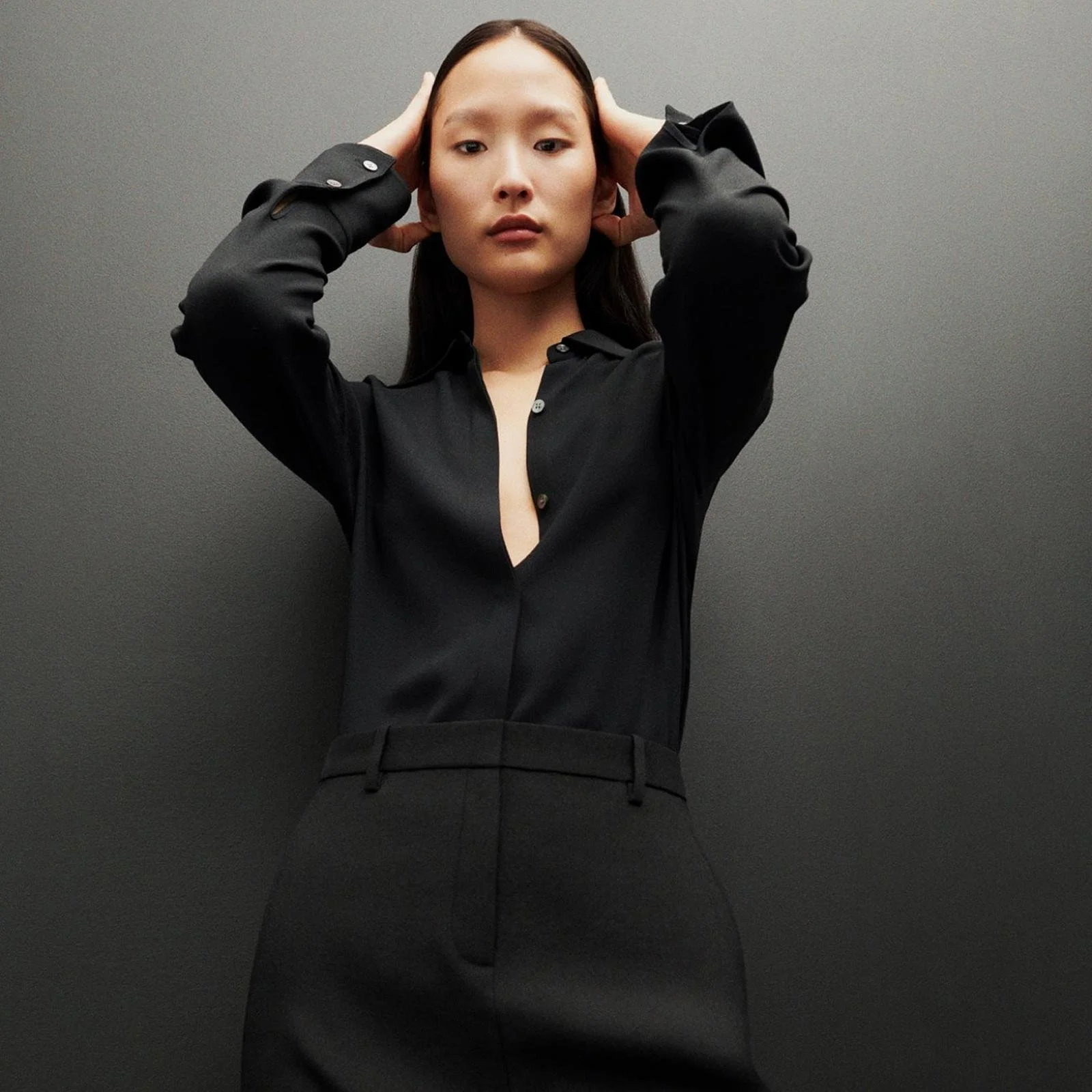
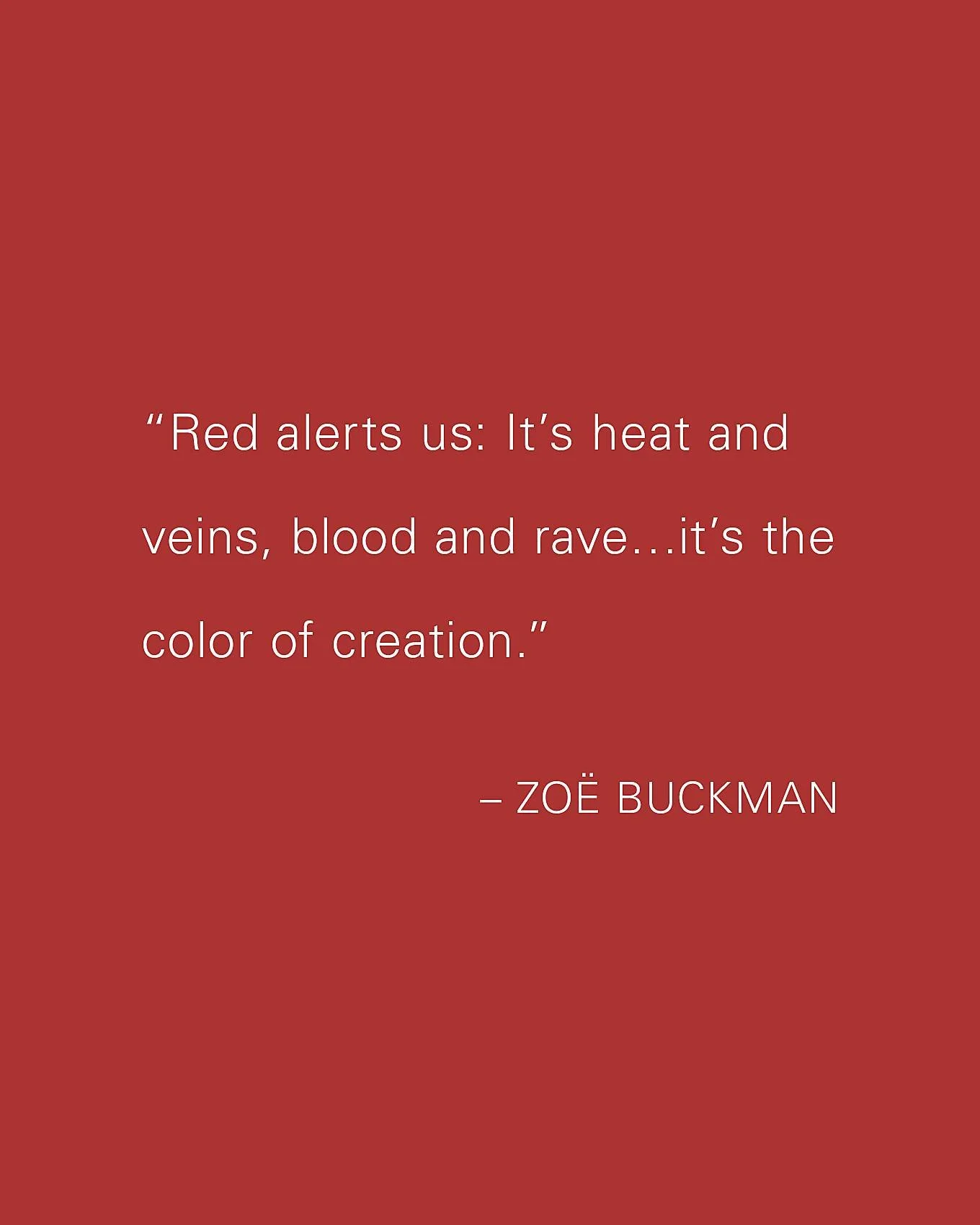
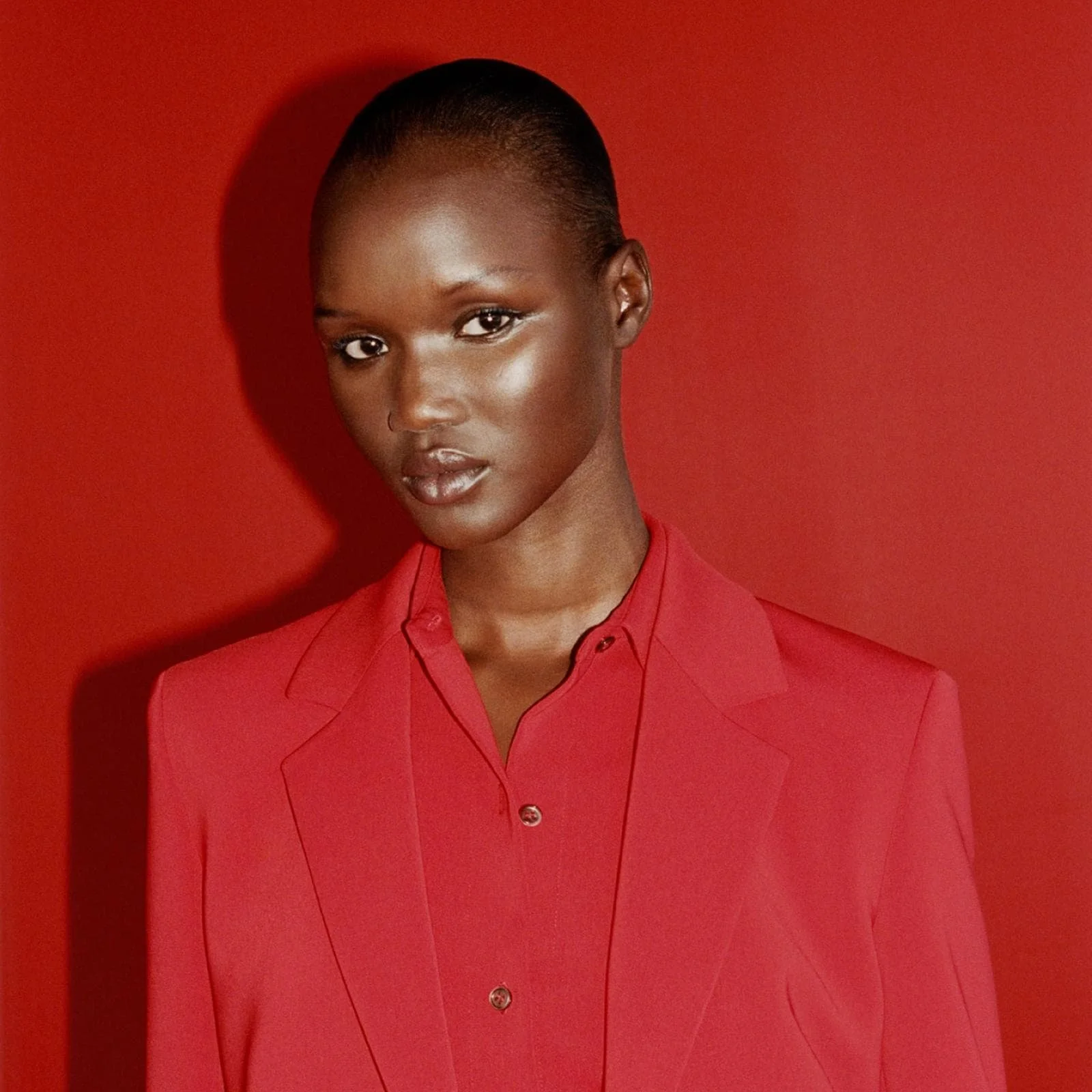
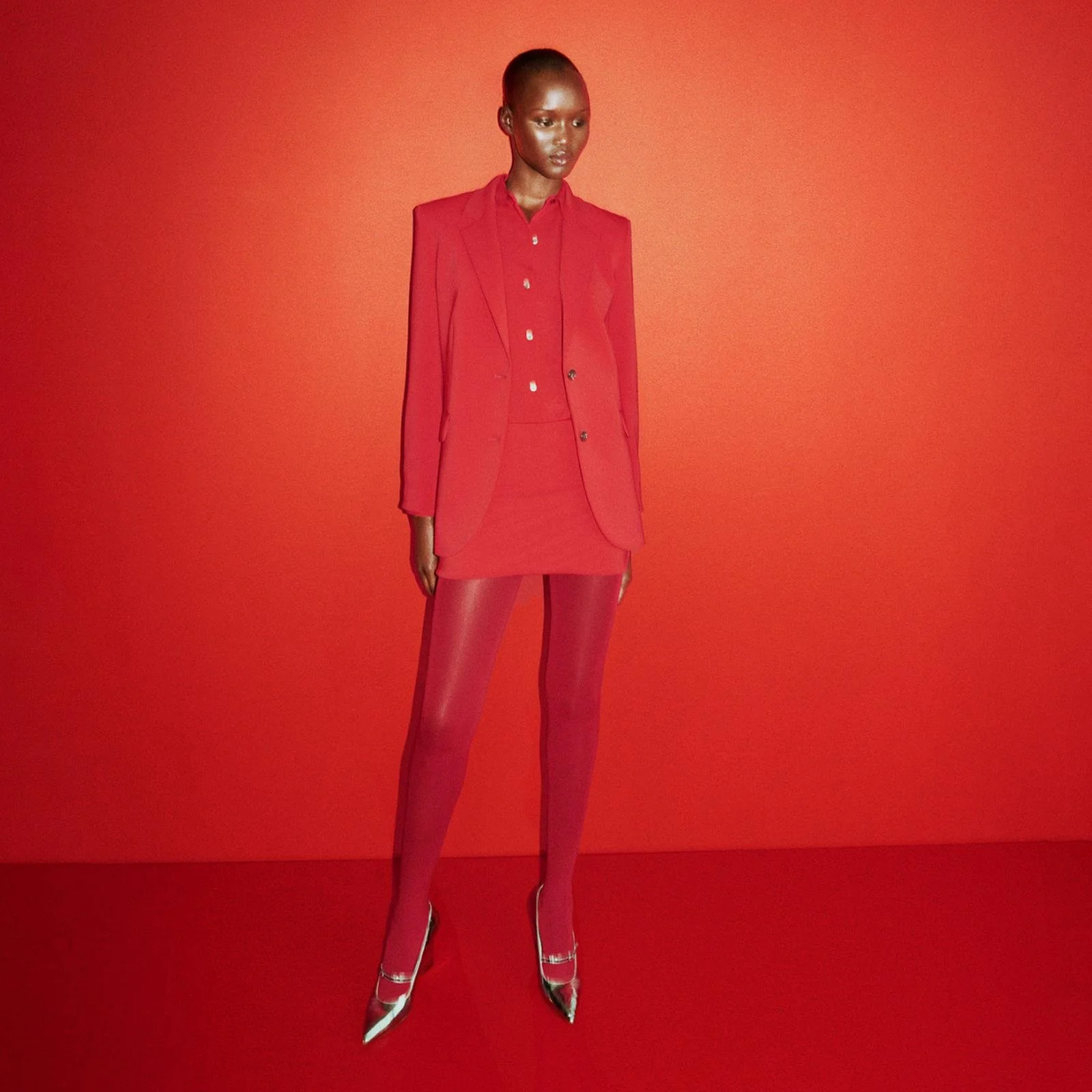
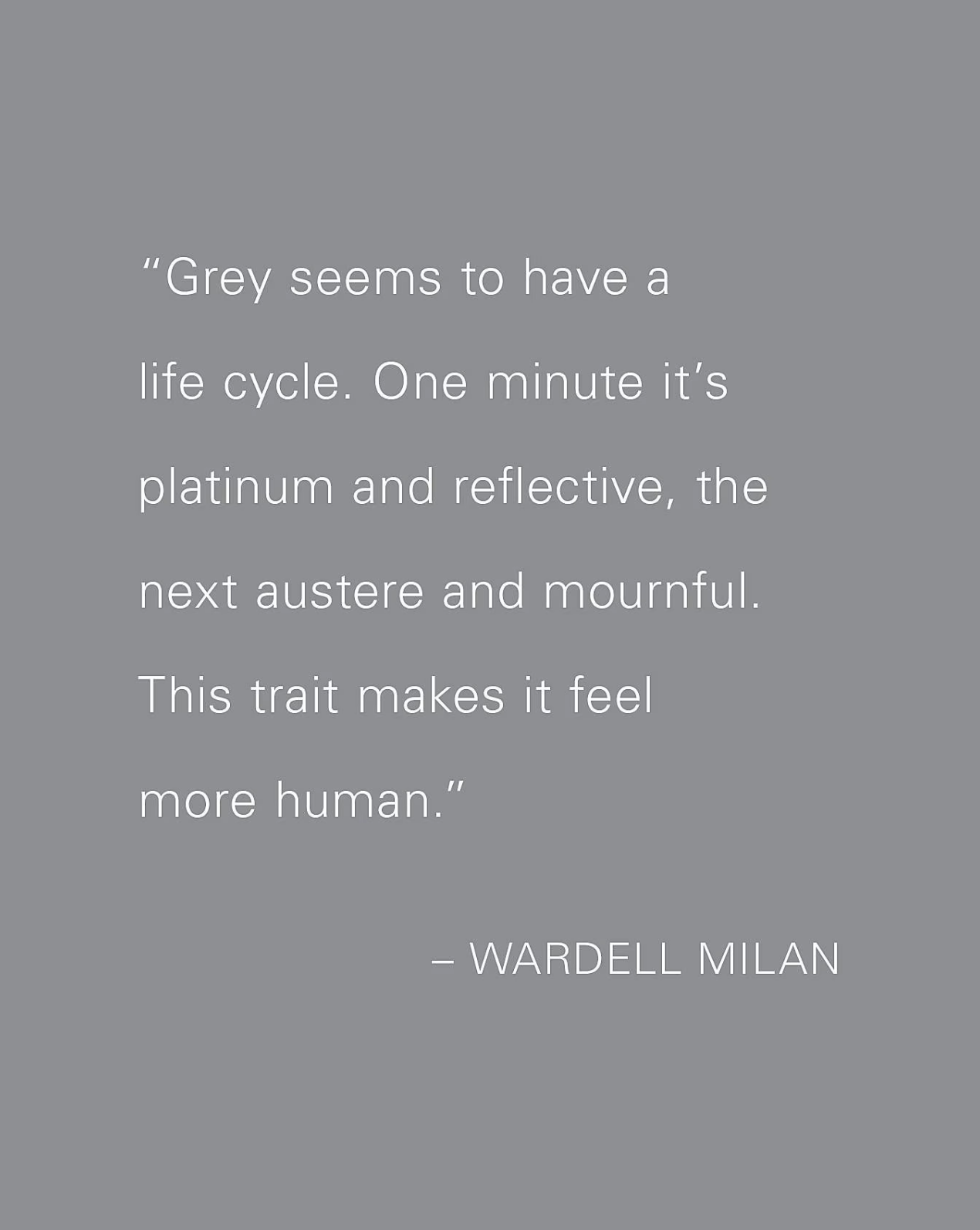
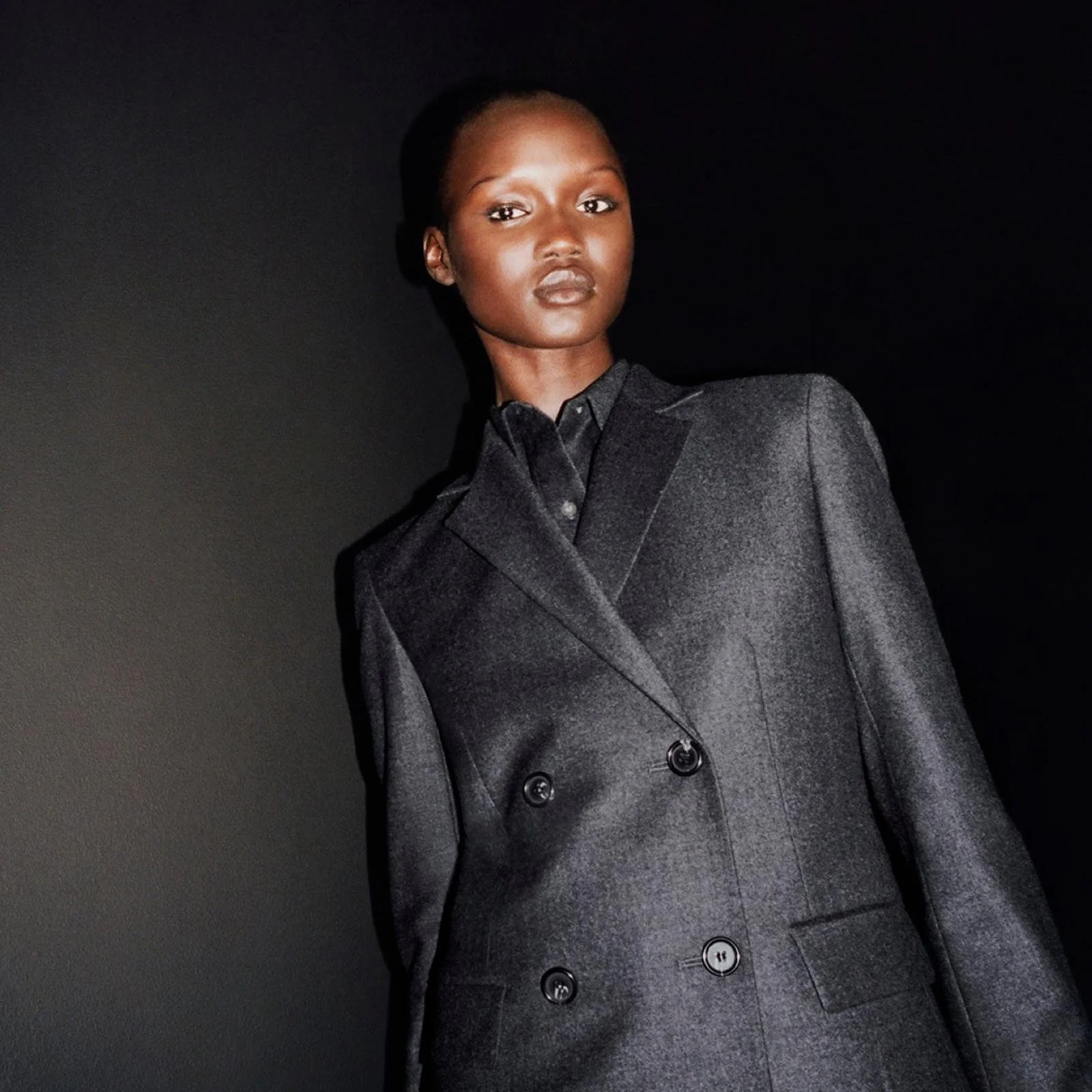

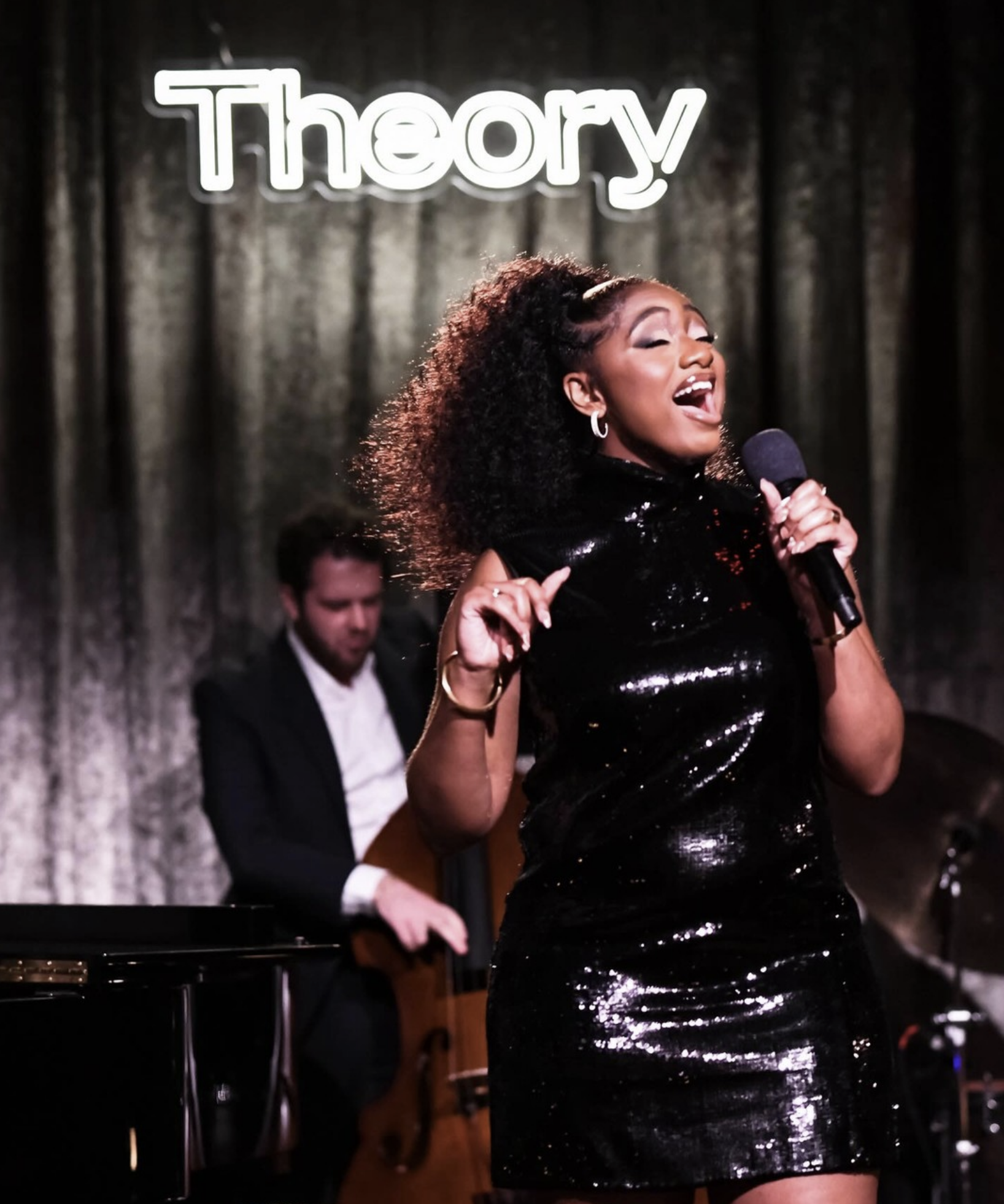









My #TheoryUniform
Turn the long association between Theory and work dressing on it’s head by leaning into the idea that a uniform is a potent tool of personal style and self actualization. Influencer campaign featuring Josh Hart, Yan Yan Chan, Mathieu Simoneau, Laurel Pantin, and Amanda Murray.